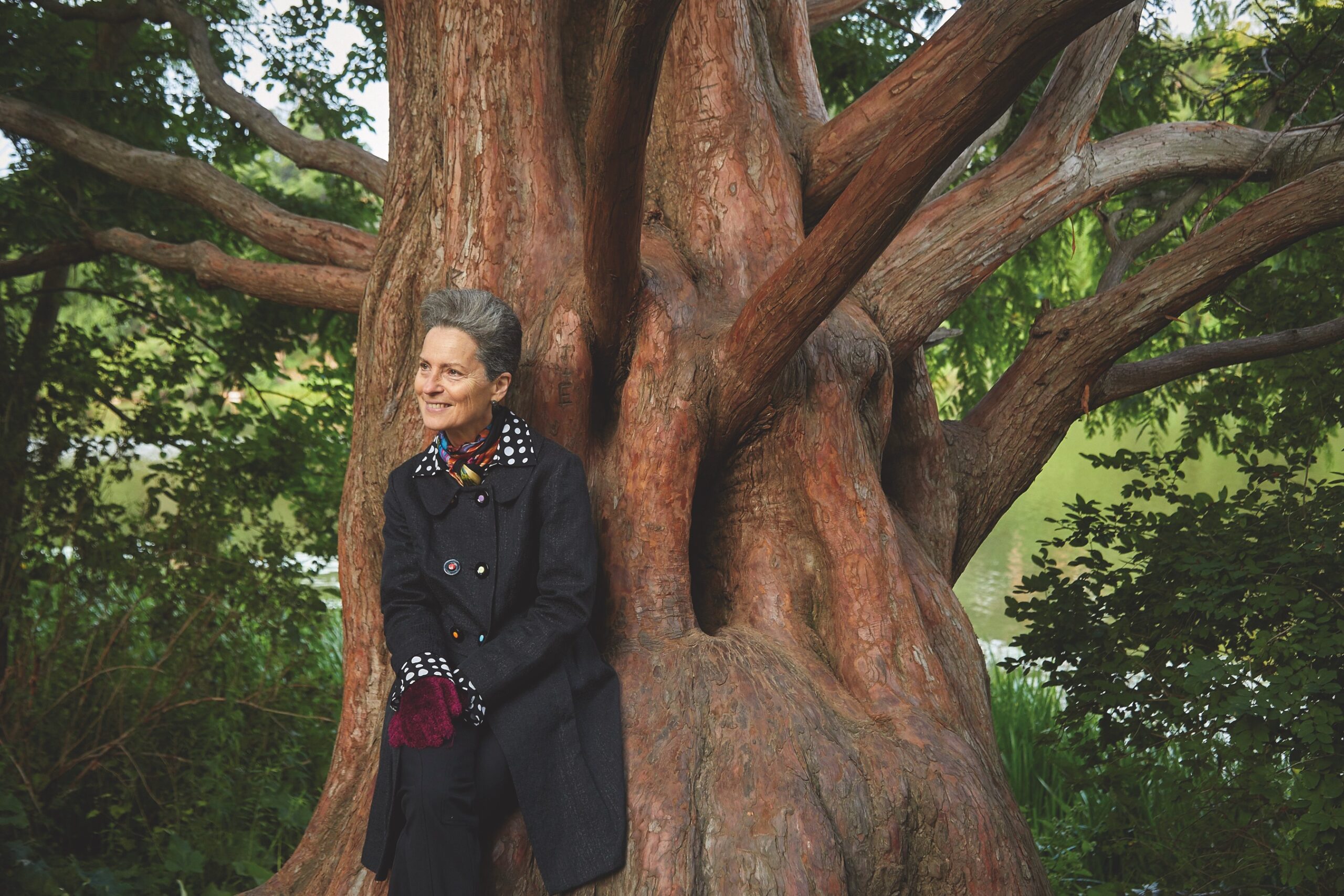When Margot van Sluytman’s father was shot, life as she knew it ended. It was 1978 and at just 16, she turned to writing poetry. As an adult, she connected with her father’s killer to further her healing journey, and they became friends. Then something unthinkable happened: her father’s killer confessed that it hadn’t been him after all. Yet again, her world turned upside down. Van Sluytman, who is part of the congregation at Roncesvalles United in Toronto and the author of over a dozen books of poetry, continues to advocate for restorative justice and the concept of shared humanity.
On poetry: I’ve always liked writing, and when my dad was killed, I started to write more. I found it a kindred, personal way to walk with my own harrowing grief. Over time, I discovered that others were doing this kind of work: expressive writing, therapeutic writing. I started to publish and to offer classes. Poetry has been an ally, and it has offered help and solace and a way to address painful and complex things. It’s a lifelong conversation on the page.
On forgiveness: I don’t actually believe in forgiveness. I believe only God can forgive; I don’t believe it is a human thing to do. It is just a language that doesn’t suit all of us. However, when folks say that they have forgiven, I believe that to be true — I believe it’s connected to a higher power.
On sawbonna: It is a Zulu greeting: “hello” and “I see your soul,” essentially. When I learned that word, it struck me as a significant way of being in relationship. I believe people do not have to forgive and love each other, because that may not be possible.
However, sawbonna is possible. It says we’re staying the course; we’re in shared humanity. We don’t have to be best friends, but we’re not looking to harm each other. We’re looking to have conversation.
More on Broadview:
- To forgive her daughter’s killer, Wilma Derksen turned to her faith
- 3 books on how to forgive the unforgivable
- Poetry kept Pádraig Ó Tuama alive. Now he’s sharing it with everyone else.
I ended up using the term for my master’s thesis, “Sawbonna: Justice as Lived Experience,” which I finished at age 50, 10 years ago. My model started as an award-winning method of restorative justice at Athabasca University. Last year, Canada’s Department of Justice asked me if I would write a paper on sawbonna as victim-led restorative justice, asking why victims often reject restorative processes.
On healing: I created Theodore’s Place, a virtual healing home for crime survivors. It’s a website where victims of crime can access information and poetry. I run therapeutic writing courses through the site as well. All of it is to honour my father, Theodore van Sluytman, and my mum, Bridget. Individuals who come there to find solace and find a way to have a voice — their lives are honoured, too.
Below: Margot van Sluytman reads one of her poems
On reconciliation: A lot of Canadians are thinking about this. I believe that the idea of sawbonna, shared humanity, offers a way to navigate and negotiate this heart-rending time. Reconciliation is a vital issue wherein mistrust, anger and fear mean no quick fixes. It means a commitment to stay the course no matter the challenges.
I have been living with Theodore’s murder since I was 16 years old. It is painful. There is also richness that has grown out and grown up, as I have grown up. And I feel that is where we are with truth and reconciliation: we are in a place of articulating and rearticulating what it means to be human.
This interview has been edited and condensed for length and clarity. It first appeared in Broadview’s October/November 2021 issue with the title “Poetry has been an ally.”
















With thanks to Margot for her poetry and reflections